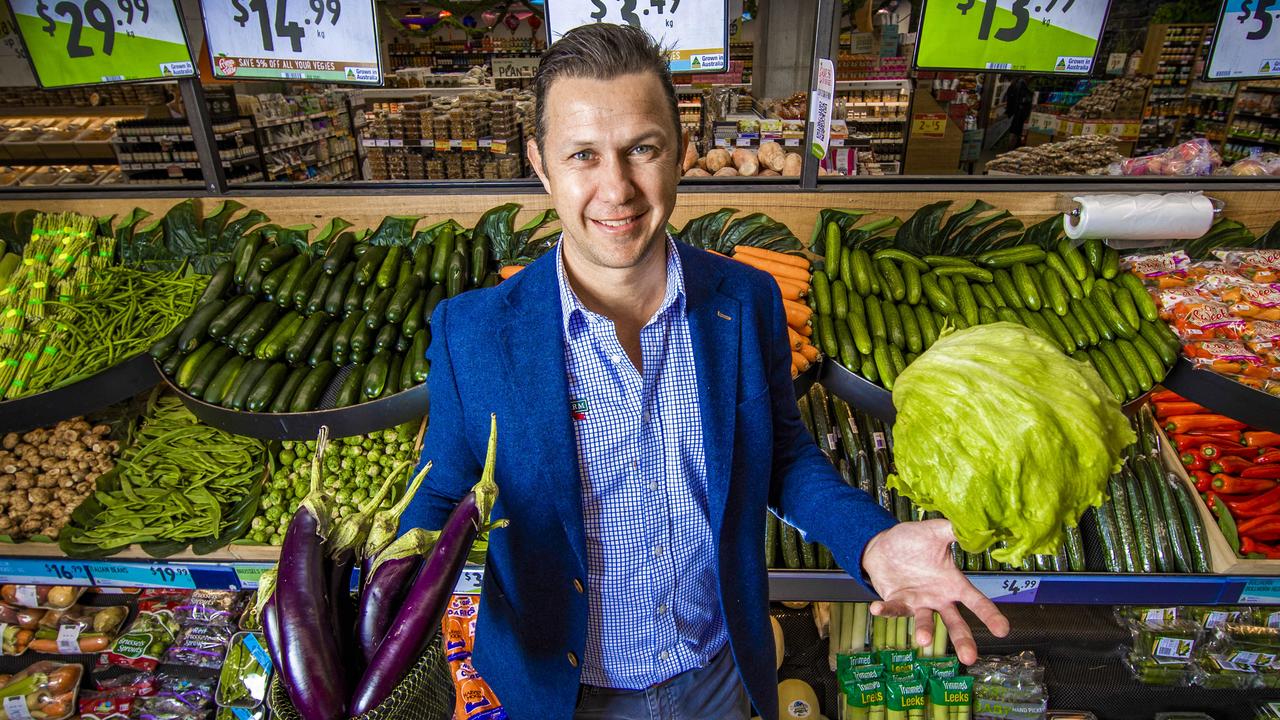Federal election: what result means for hospitality, construction, agriculture, energy, retail
Whether you own a cafe, a plumbing business or a farm, the election will have an impact on how you run your business. Here’s how things will be better or worse in your sector.
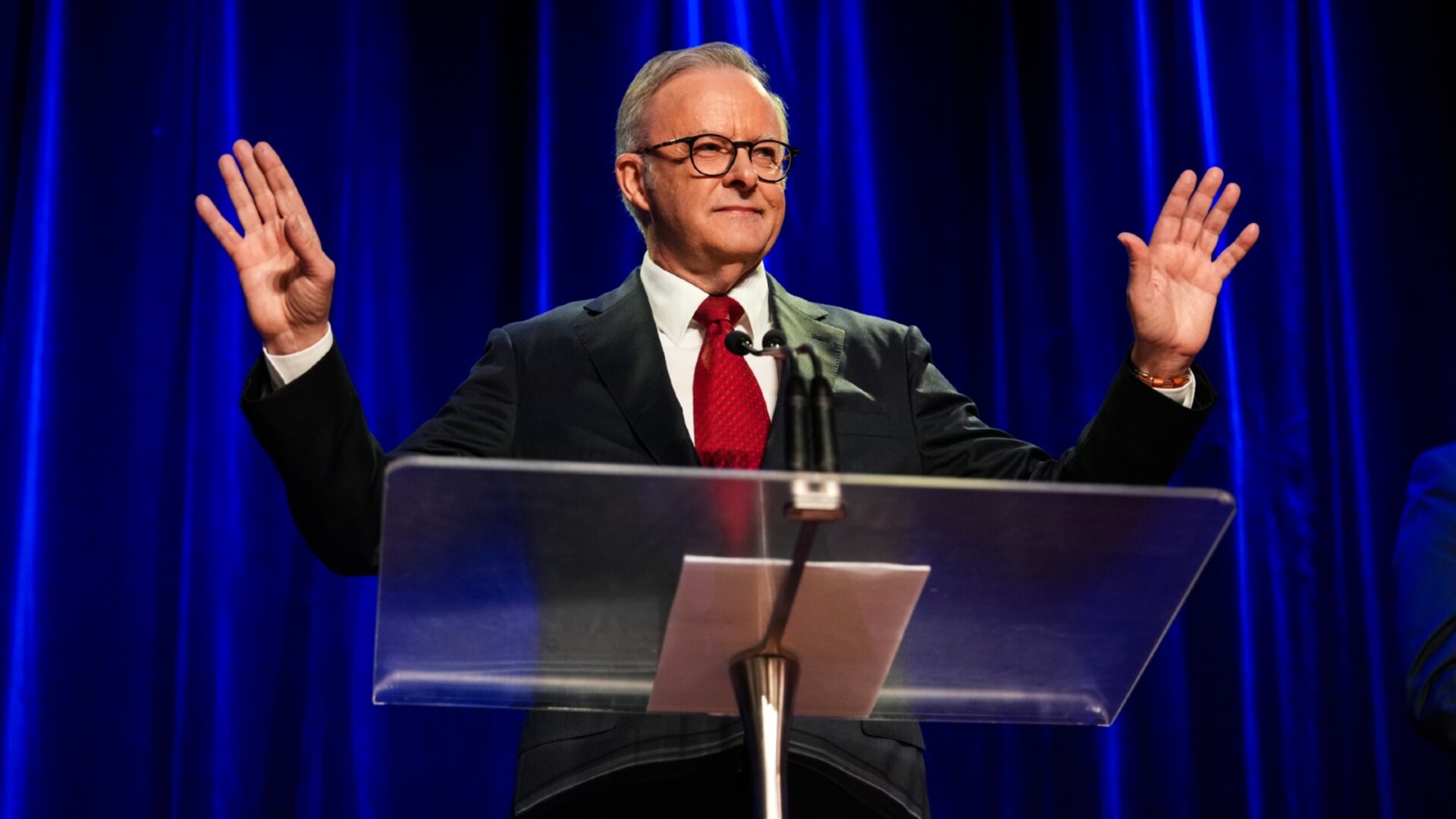
Business
Don't miss out on the headlines from Business. Followed categories will be added to My News.
Whether you own a cafe or plumbing business or operate a farm, the weekend’s election will have an impact on how you run your business. Here’s how things will be better or worse in your sector.
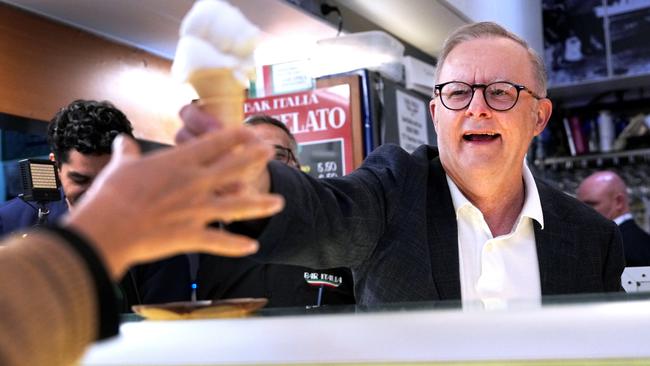
Hospitality
Wins:
Around one million Australian small businesses are expected to receive $150 in energy bill rebates from July, in an attempt to ease rising operating costs.
This is on top of existing rebates, with eligible small businesses having received one-off payments of $325 since August last year.
Labor has also vowed to support the hospitality sector by increasing support available under the existing Excise remission scheme and Wine Equalisation Tax Producer rebate for booze manufacturers.
This includes pausing indexation on draught beer excise for two years starting from August.
The measure is expected to reduce government receipts by $165m over five years, starting from 2024–25.
The federal government announced a range of cost-of-living measures that could in turn increase discretionary spending, including tax cuts for 14 million workers, $1000 instant tax deductions, power bill relief and student debt reduction.
Mr Albanese has said he would also provide more than $7m over two years from 2025-26 to the Australian Competition and Consumer Commission to strengthen enforcement of the Franchising Code of Conduct, ensuring a more transparent and effective regulatory framework for the franchising sector.
Losses:
Real wages are predicted to continue to grow under Labor, which may increase pressure on small business owners.
Real wages have grown for five consecutive quarters, data released by the Australian Bureau of Statistics in February revealed.
Mr Albanese said the government would legislate to protect penalty rates in awards, ensuring the wages of around three million workers do not go backwards.

Melbourne restaurant owner Nicole Konstandakopoulos, who runs Greek eateries Stalactites Restaurant on Lonsdale St and Hella Good in Emporium and Chadstone, said a second Labor term presented both opportunities and challenges for small business owners.
“I support policies that promote stability, fairness and financial relief,” she said.
Ms Konstandakopoulos said she welcomed the proposed energy cost relief which would provide “valuable short-term breathing space”.
“While my business doesn’t rely heavily on draught beer sales, freezing the beer excise would certainly help many across the hospitality sector by keeping prices competitive and manageable,” she said.

“I also strongly support tax cuts for workers. More disposable income means greater consumer confidence and increased spending on hospitality, entertainment, and retail.
“This creates a positive ripple effect not just for our industry, but for the broader economy.”
But Ms Konstandakopoulos said it was crucial that wage growth and penalty rate policies were designed with “long-term sustainability” in mind, to ensure businesses remained viable.
Construction
Wins:
Labor pledged $78 million to fast track the qualification of 6000 tradies, which will go some of the way towards plugging a mammoth labour shortfall.
They’ll need all the help they can get, as more demand is expected, with first home buyers gaining access to five per cent deposits.
The Government also pledged to spend $10bn building up to 100,000 homes for sale only to first home buyers. The Government’s Help to Buy scheme opens later this year, enabling up to 40 per cent of upfront costs to be covered.
Contractors and subcontractors working on Federal Government projects will be hoping to benefit from 20-day payment times on major construction jobs like the NBN and Western Sydney Airport.
They can also look forward to some the re-elected Government working with states and territories on a national licensing for electrical trades.
Another $54m was pledged towards advanced manufacturing of prefabricated and modular homes, on top of $120m to incentivise states to help homes to be built faster.
Subbies tired of being ripped off by builders who repeatedly liquidate to avoid their debts will be pleased to hear $3m over four years will go to corporate regulator ASIC to target illegal phoenixing.
Losses:
Among the Coalition’s now-defunct promises was a $5bn Housing Infrastructure Program to build essential infrastructure like water, sewerage and power, which they said would enable up to 500,000 homes to be built more quickly.
A Dutton-led freeze to changes to the National Construction Code for 10 years is also off the table, as is reinstatement of the Australian Building and Construction Commission, which was supposed to tackle “union corruption” and reduce building costs.
Retail
Wins:
Retailers will be hoping the government’s tax cuts for 14 million workers, which don’t come in until next year, will stimulate spending at the till amid a cost of living crisis that has seen consumers pull back on discretionary spending.
Around 1 million small businesses – including retailers and manufacturers – will benefit from an extension to Labor’s energy bill relief, with $150 in extra rebates from July until the end of 2025.
Retailers rely on migration to find workers and to stimulate demand across the economy. The Coalition’s proposal to cut net migration by 100,000 threatened to undermine the flow of new workers and spenders across the Australian economy.
Losses:
The new Labor government will legislate to protect penalty rates in awards in a move business groups like the Business Council warn threatens to put upward pressure on wages and make it harder for businesses to employ more workers.
While Labor has committed to a temporary 12-month extension of the $20,000 instant asset write off for small businesses, the Coalition was promising a more generous approach by making the tax incentive permanent at a higher threshold of $30,000.
Retail giants Coles and Woolworths will be waiting to hear more about Labor’s plans to crack down on price gouging following its promise to implement the ACCC’s supermarket inquiry report recommendations around improving transparency about prices, price trends and promotions, and loyalty programs.
Manufacturing
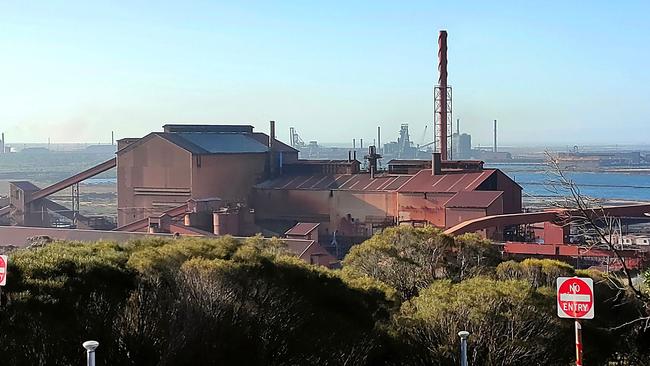
Wins:
Labor is promising to funnel more money into its flagship Future Made in Australia plan, which the Coalition had promised to dismantle. Manufacturers in emerging industries such as critical minerals and renewable energy are set to benefit from the increased flow of funding into their industries.
An additional $20m to support Australian producers through the Buy Australian campaign aims to encourage consumers to buy Australian-made products.
Manufacturers also rely on migration to address workforce shortages, so many will be relieved the Coalition’s proposed cuts to net migration will not go ahead.
Labor’s $1bn green iron fund, announced in the wake of the collapse of the Whyalla steelworks in South Australia, will boost manufacturers in the emerging green iron industry.
Aluminium smelters will benefit from $2bn in government funding for operators that transition to renewable electricity. The green aluminium production credits, announced in January and available from 2028-29, will provide targeted support to smelters that switch to renewable electricity before 2036.
Losses:
The Coalition’s flagship nuclear energy policy would have supported traditional manufacturing regions of the country, while also creating a new industry for local manufacturers.
The Coalition claimed its National Gas Plan, which included an east coast reservation policy requiring gas producers to reserve a certain amount of gas for the domestic market, would have saved typical industrial gas consumers like manufacturers around 15 per cent on their gas bills.
Energy

Wins:
The Federal Government’s backing of the alternative energy sector as it moves to transition Australia from fuels has been hailed by the industry as a positive step.
The government is aiming for 82 per cent renewable energy by 2030 and to place the target of net zero emissions into law by 2050.
The alternative energy sector has attracted $8bn of additional investment in renewable energy and low emissions technologies through a $2bn expansion of the Clean Energy Finance Corporation.
The Government is also spending $2.3bn on its Cheaper Home Batteries Program from July 1 this year, reducing the cost of a typical installed battery by 30 per cent – with over one million new batteries expected by 2030.
ASX-listed Critical Minerals Group managing director Scott Winter said the government’s support to the critical minerals sector, which underpins the manufacturing of batteries, as a “win for the industry”.
The company will build South East Queensland’s first vanadium pentoxide electrolyte manufacturing factory which will play a large role in the emerging long-life baseload battery industry.
“I welcome their foresight into securing critical minerals produced in Australian which will stimulate domestic and foreign investment and help with establishing the supply chain for the further downstream processing of some of those critical minerals,” he said.

Loss:
The transition to renewable energy sources has meant fossil fuels sector will be increasingly marginalised. Valory Resources head of corporate and project finance Glenn Vassallo believes that could expose the country to wide scale blackouts that occurred recently in Spain and Portugal.
“As we know you can’t simply take coal out of the energy transition without it being supplemented by something else,” he said.
“Baseload power is currently supplied by thermal coal and the alternatives are not there yet.
“It certainly wins votes saying you’re going to replace fossil fuel but people need to look at the science, the data and the facts and you can’t do that just yet.
“It needs to be better organised in terms of being realistic or they are going to have a similar occurrence.”
Mr Vassallo said the government’s stance has pushed coal mining companies to go offshore and Valory Resources recently undertook the final steps to complete the acquisition of Summit Coal in Alberta, Canada.
“It will be very difficult for traditional mining companies that have been the backbone to the Queensland economy to attract capital going forward given the emphasis that the environment side highlighted during the election campaign,” he said.
“Capital will be attracted to places outside of Queensland as a result of the federal election.”
Agriculture
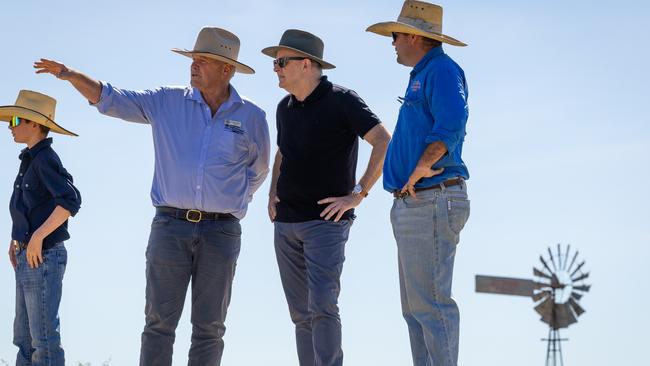
Wins:
Farmers will be able to access rebates of up to 50 per cent on equipment and technology worth up to $30,000 under $20m made available in the On Farm Connectivity Program. They’ll also benefit from the extension of the $20,000 instant asset write-off for another year
Farmsafe Australia will receive $2.5m over three years, while the sector’s strategy will be enhanced via another $3.5m to develop food security plan Feeding Australia
Losses:
To meet its 2030 target of cutting greenhouse gas emissions by 43 per cent, Labor must roll out 4581km of new transmission lines to feed dispersed solar, wind and hydro electricity into the grid and the nation’s capitals. Much of this infrastructure will traverse rural land otherwise used for farming.
Live sheep exports will end on May 1, 2028, impacting those who haven’t already shifted away from that side of the industry.
Farmers are also likely to be stung by new unrealised gains tax on superannuation if they hold more than $3m of their land and other assets in their self managed super funds. The new tax would result in profits on superannuation balances above $3 million having their tax doubled to about 30 cent per cent, with that including capital gains made on assets in the account such as shares and property, even if they weren’t sold – an ‘unrealised gain’.
More Coverage
Originally published as Federal election: what result means for hospitality, construction, agriculture, energy, retail



